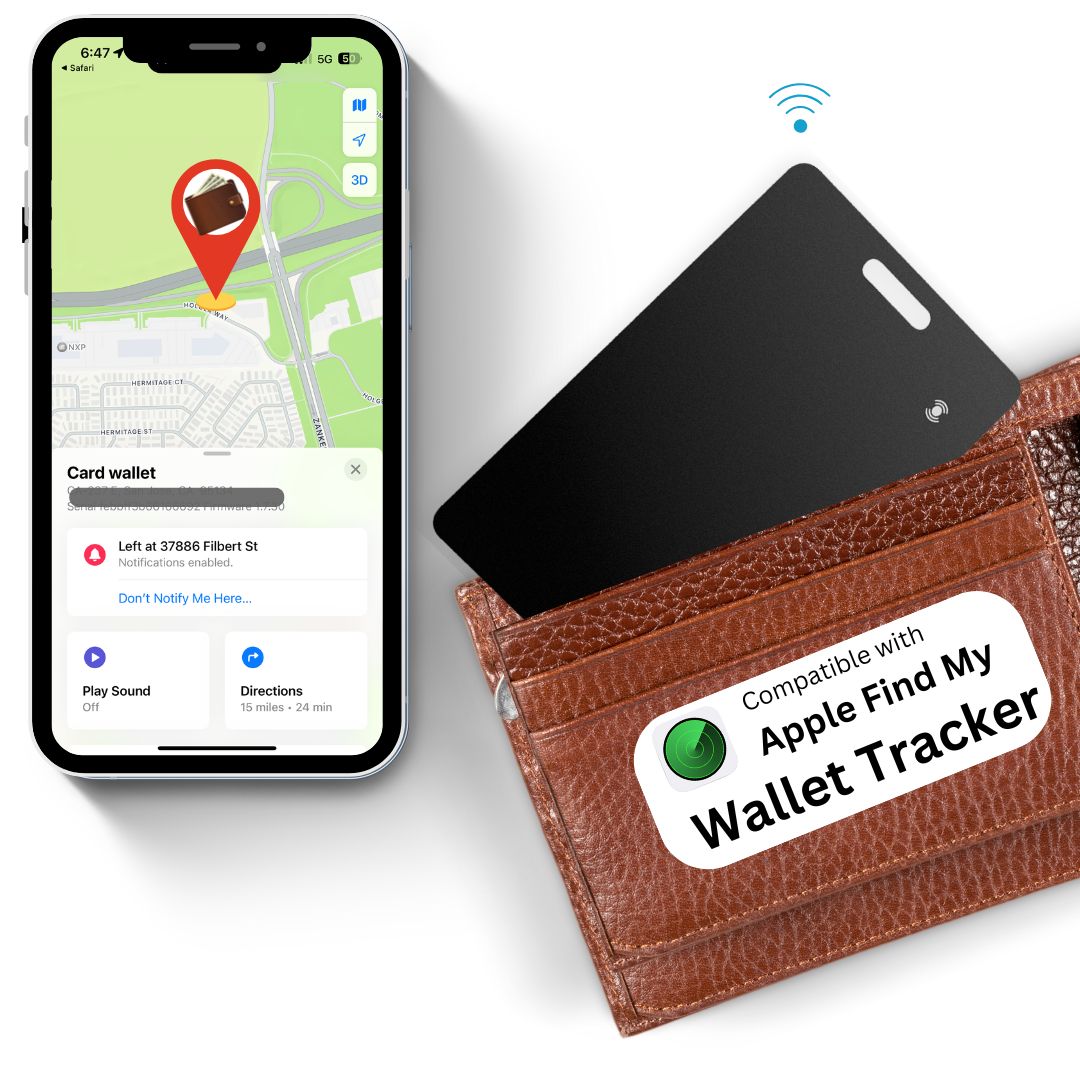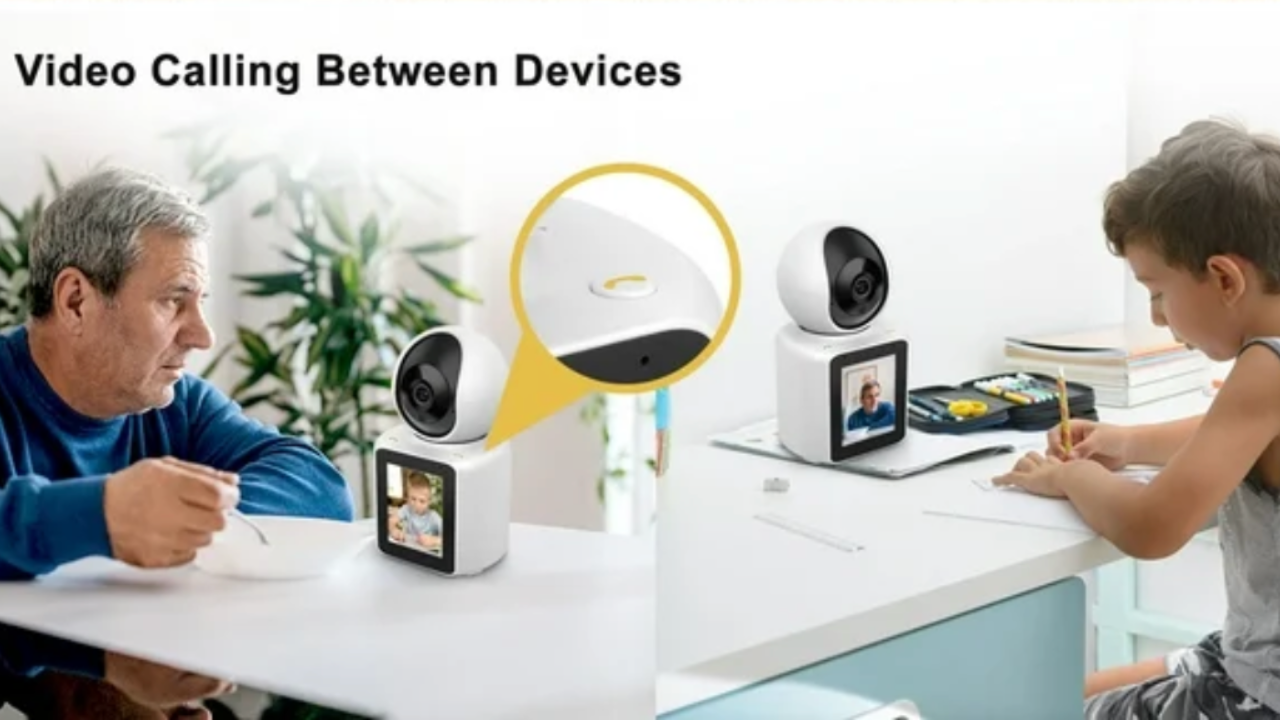How Smart Tracker Cards and Tags Work to Help You Locate Lost Items Like Wallets
Misplacing essential items like wallets, keys, or bags can be a source of frustration, but smart tracker cards and tags can help you locate your belongings quickly and easily. From Bluetooth to cellular-enabled SIM card trackers, there are various tracking options, each with unique benefits. This article explores how they work and compares several popular options to help you find the best solution for your needs.

The Technology Behind Smart Tracker Cards and Tags
At the heart of every smart tracker is a set of technologies that enable it to communicate with your smartphone or compatible devices. Let’s look at the primary technologies powering these devices:
-
Bluetooth Low Energy (BLE): Many trackers, such as the Apple AirTag, Linkstyle NIJICard and NIJITag, as well as the Celectigo Smart Card, operate using BLE, which has a typical range of around 200-400 feet in open areas. BLE technology allows these devices to work with minimal battery consumption, making them suitable for everyday use without frequent recharging or battery replacement.

-
Crowdsourced Tracking Networks: Bluetooth-based smart trackers rely on vast networks of connected devices to help locate items that move out of Bluetooth range. Apple’s Find My network, Tile’s network, and Samsung’s SmartThings Find network are examples of these crowdsourced systems, which work by detecting lost items through nearby devices in the same network.

-
SIM Card and GPS Tracking: While Bluetooth trackers work well for short-range tracking within device networks, tags that use SIM cards and GPS provide continuous location tracking. These devices, like Jiobit and Invoxia GPS Tracker, use a cellular network to offer real-time tracking on a map, making them ideal for items that may travel long distances or in situations where immediate location updates are needed.https://www.instagram.com/reel/C7AK3HjiLOD/?utm_source=ig_web_copy_link&igsh=MzRlODBiNWFlZA==
-
Privacy and Security Measures: Location tracking inherently involves privacy concerns, so all major tracking networks incorporate encryption and privacy protocols. This ensures that only the rightful owner can view the tracker’s location data. https://www.tiktok.com/@celectigo/video/7427209963115777310?is_from_webapp=1&sender_device=pc&web_id=7435058778678822431
How Different Smart Trackers Locate Lost Items
When you misplace an item with a tracker attached, its location can often be retrieved through various methods, depending on the type of tracker:
-
Bluetooth Trackers (e.g., NIJICard, Tile): Bluetooth trackers work best when the item is within Bluetooth range, directly connecting to a smartphone or tablet via the tracking app. However, if the item is outside this range, Bluetooth trackers rely on crowdsourced networks, like Apple’s Find My or Tile’s network, to detect and relay the item’s location back to you anonymously through other network-enabled devices. With more than a billion active iOS devices being used world wide, the Apple Find My network has excellent coverage for lost item locations.
-
GPS Trackers with SIM Cards (e.g., Jiobit, Invoxia): GPS trackers are not limited by Bluetooth range; instead, they use GPS and cellular networks for real-time location tracking, making them ideal for tracking items across long distances or when frequent updates are essential. SIM card-enabled trackers often come with monthly subscription fees for cellular connectivity but can offer valuable features like geofencing, speed alerts, and more precise tracking compared to Bluetooth-based devices.
Comparing Popular Tracker Options
Each type of tracker, whether Bluetooth-based or cellular-enabled, has its own advantages and limitations. Here’s a comparison of popular options:
| Feature | Apple Find My (AirTag, NIJITag) | Tile | Samsung SmartThings Find | SIM Card GPS Tracker (e.g., Jiobit, Invoxia) |
| Network Reach | Global via Apple devices | Large via Tile app users | Samsung Galaxy users | Unlimited (requires cellular coverage) |
| Device Compatibility | iOS only | iOS & Android | Samsung Galaxy only | iOS & Android |
| Privacy & Security | End-to-end encryption | Encrypted, user-controlled | Encrypted | Encrypted, real-time location with GPS |
| Tracking Range | Bluetooth range + Apple network | Bluetooth range + Tile network | Bluetooth range + Samsung network | Real-time GPS; no range limitations |
| Battery Life | Long-lasting, some rechargeable | Replaceable battery | Replaceable battery | Shorter due to GPS; rechargeable or replaceable |
| Monthly Fee | None | Optional (for premium) | None | Yes, for cellular data and GPS services |
| Ideal Use Cases | Everyday items, keys, wallets, bags | Keys, wallets, bags | Galaxy devices | Pets, cars, valuables moving across distances |
Pros and Cons of Bluetooth vs. SIM Card-Enabled Trackers
-
Bluetooth Trackers: Bluetooth-based trackers, such as Apple AirTag, Linkstyle NIJICard, NIJITag, and Celectigo Smart Card, are excellent for everyday items that you want to track locally, such as wallets or keys. They’re compact, energy-efficient, and generally do not require a monthly subscription. However, they rely on nearby devices within their networks to locate items out of range, which can limit effectiveness in rural or sparsely populated areas.
-
SIM Card-Enabled GPS Trackers: GPS trackers with SIM cards offer real-time, unlimited-range tracking, which is beneficial for items that might be lost farther from home or in transit. With GPS accuracy, SIM-based trackers provide more precise location data and additional features like geofencing. However, these benefits come at a cost in terms of monthly fees and shorter battery life due to the cellular connection.
Choosing the Right Smart Tracker for Your Needs
When selecting a smart tracker, consider the types of items you’re tracking, the range you need, and your budget:
-
For Local Tracking Needs: If you want to track items like wallets, keys, or bags locally, Bluetooth trackers like NIJICard and NIJITag (for Apple users) or Tile (for both iOS and Android) are ideal. They’re compact, long-lasting, and provide accurate location updates when within range of Bluetooth or networked devices. Link
-
For High-Value or Long-Distance Tracking Needs: If you’re tracking valuable items over long distances—such as luggage, vehicles, or even pets—a SIM card-enabled GPS tracker is your best bet. While these devices may require monthly fees, they offer GPS-based real-time location updates, which are reliable regardless of distance, making them ideal for remote or high-mobility items.

Conclusion
Whether you’re looking for a reliable tracker for everyday items or need something with a longer range for more valuable assets, there are smart tracker options to fit your needs. Bluetooth trackers like NIJICard, NIJITag, Tile, and Samsung SmartTags are cost-effective and ideal for everyday use, while SIM card-enabled GPS trackers provide robust, real-time tracking for items that may travel long distances. By selecting the right tracker, you can keep your belongings secure, enjoy peace of mind, and access the exact location of your items whenever you need them.
Check out this video to get a detailed look at how the Celectigo Smart Card works:




